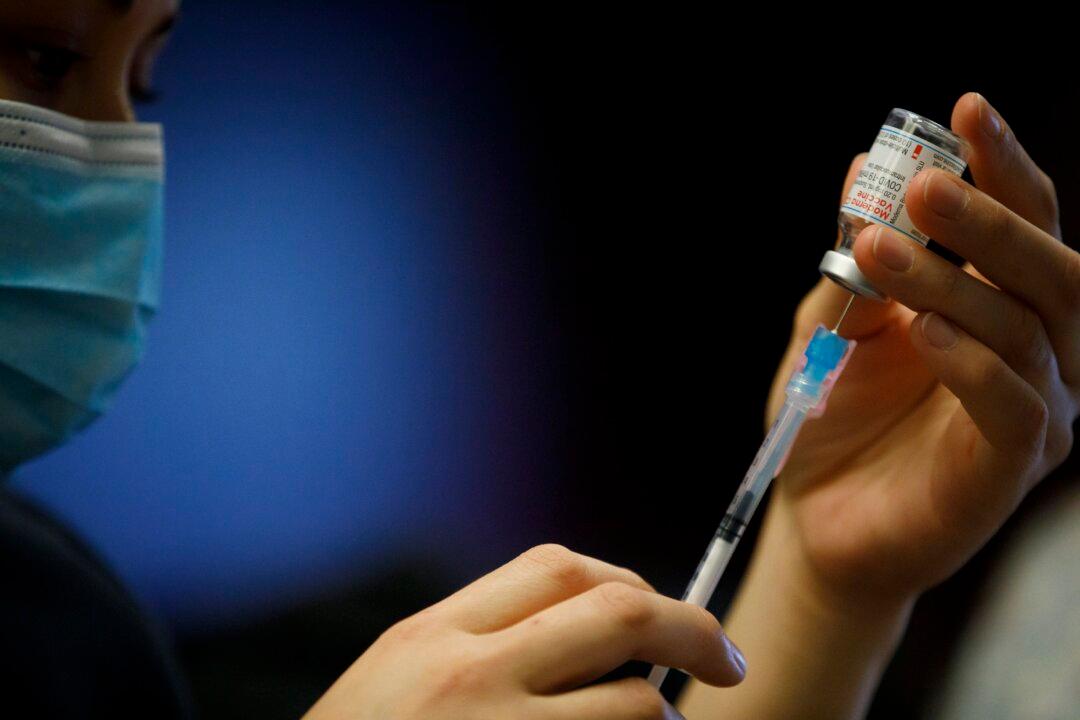Disciplinary investigations against three Ontario doctors should never have started, their lawyer says, because they were breaching “mere guidelines” related to COVID-19 and not breaking a code of professional conduct.
The doctors—Crystal Luchkiw, Patrick Phillips, and Mark Trozzi—seemed to take a blow earlier this year when a tribunal rejected their motion to halt proceedings. But lawyer Michael Alexander has latched onto part of that tribunal’s decision to come back fighting.





